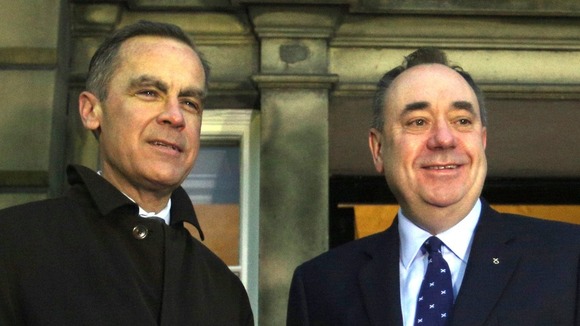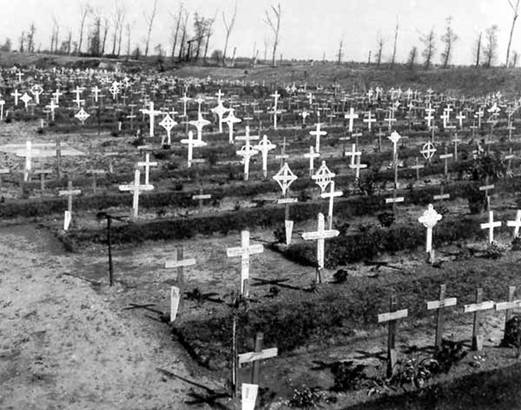The debating chamber is certainly a lot nicer in Holyrood. The seats are better spaced out, there is no need for anyone to stand and every member gets their own desk on which to put their documents. The seating is arranged in such a way as to reflect what was intended to be a more consensual approach to parliamentary politics rather than the confrontational nature of the House of Commons. Aesthetically the chamber at Holyrood is much more pleasing. It has a fresh wooden look and lets in a lot more natural daylight. That in itself could have a more positive effect on the mood of the chamber. The freshness makes it feel closer to nature as was part of the original vision by the Spanish architect Enric Miralles (if you look at the shape of the parliament from above it is like a small litter of leaves). And it's modern. That's important because it sends out the message that this is a democracy that is current and up-to-date or at least more so than Westminster.
Holyrood from a golden eagle's perspective.





